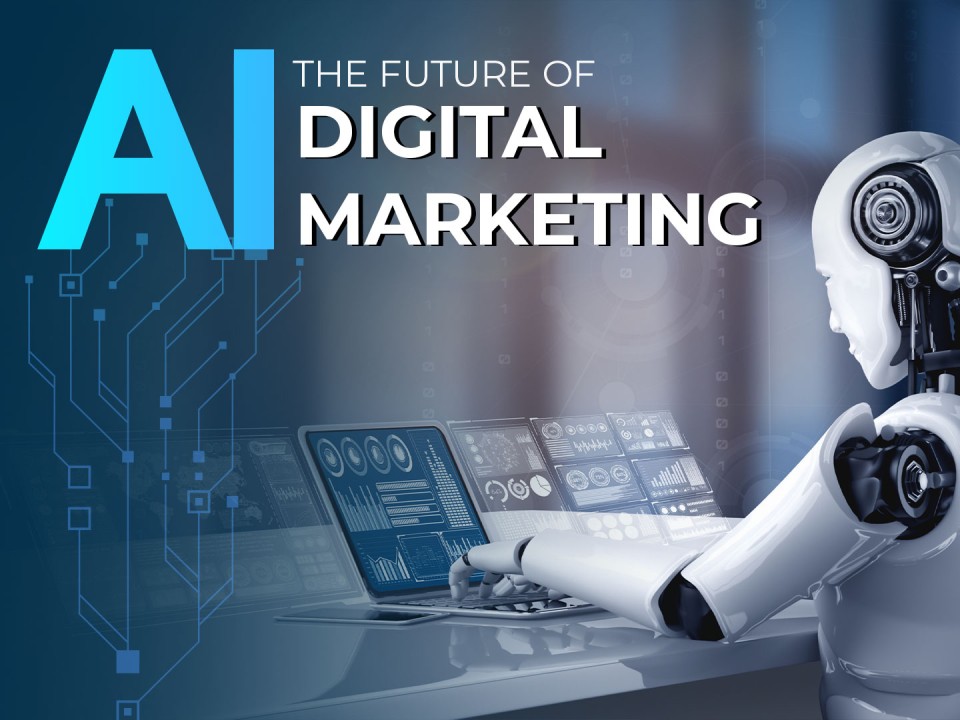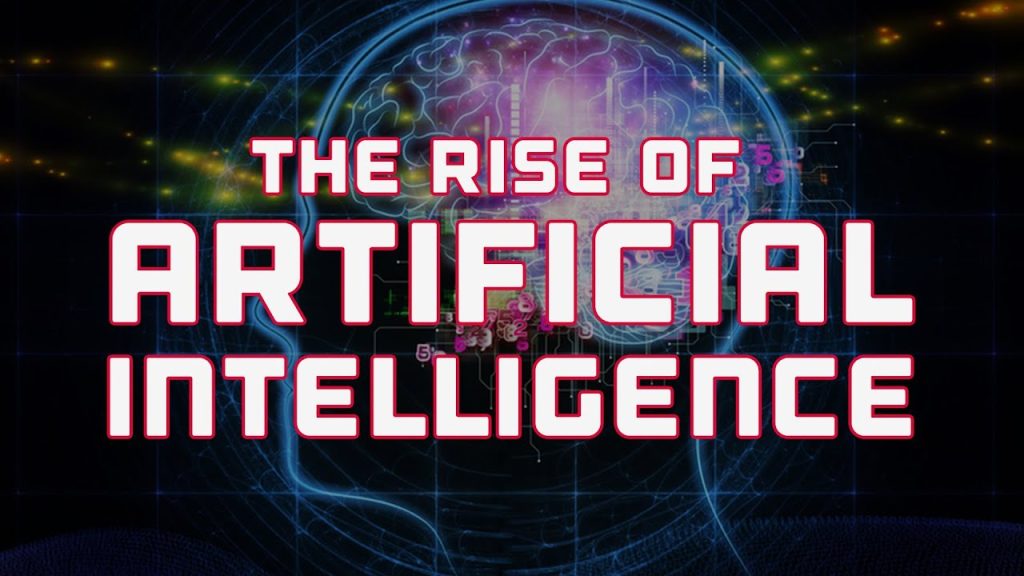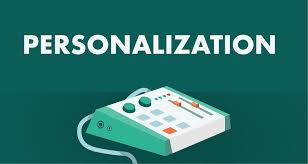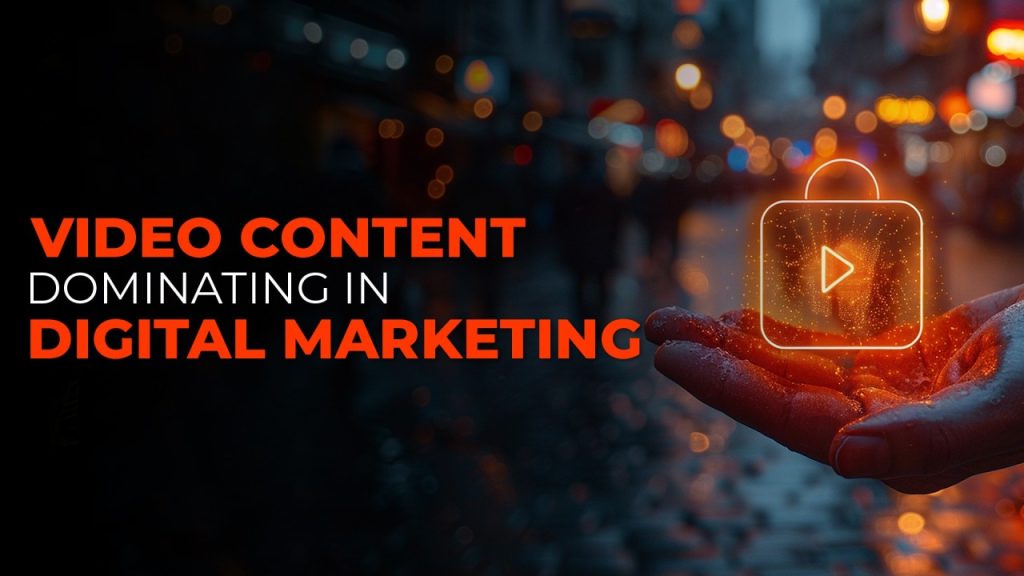
In today’s fast-paced and ever-evolving business landscape, digital marketing has become a cornerstone for companies aiming to thrive and connect with their customers. The significance of digital marketing cannot be overstated, as it offers a platform that allows businesses to engage with their audience in real time, harness valuable insights, and leverage data-driven strategies to enhance their market presence. As we look forward to 2025, staying ahead of emerging trends is not just beneficial—it’s essential. Embracing change and adapting to new technologies will be critical for businesses seeking to maintain a competitive edge.
The Rise of Artificial Intelligence

As we move deeper into the digital age, Artificial Intelligence (AI) is poised to revolutionize the marketing landscape. AI’s role in digital marketing is multifaceted, encompassing everything from customer service automation to advanced data analysis. By 2025, AI will likely become an integral part of marketing strategies, making processes more efficient and personalized.
Examples of AI tools already making waves include:
- Chatbots: These AI-powered assistants provide real-time responses to customer inquiries, enhancing user experience and freeing up human resources for more complex tasks.
- Predictive Analytics: By analyzing past consumer behavior, predictive analytics enables businesses to forecast future trends, allowing for data-driven decision-making.
- Content Creation: AI tools can generate content tailored to audience preferences, optimizing engagement and efficiency.
Predictions suggest that by 2025, AI will evolve to include even more advanced natural language processing capabilities, enabling marketers to create more nuanced and engaging content. The ability to understand sentiment and context will enhance the customer experience, leading to higher conversion rates and improved brand loyalty.
Increased Focus on Personalization

Personalization in marketing is no longer a nice-to-have; it’s a necessity. Defining personalization involves tailoring marketing messages and experiences to individual customer preferences and behaviors. This approach not only fosters a deeper connection with consumers but also significantly increases the likelihood of conversions.
To effectively implement personalized marketing campaigns, businesses must focus on data collection and analysis. By gathering insights from various touchpoints—such as website interactions, social media engagement, and email responses—companies can build comprehensive customer profiles. Here are some strategies to enhance personalization:
- Segment Your Audience: Use data analytics to segment your audience based on demographics, interests, and behaviors.
- Leverage Automation: Utilize marketing automation tools to deliver personalized messages at scale.
- Dynamic Content: Create content that adapts based on user behavior, ensuring relevance and engagement.
As we approach 2025, the importance of personalization will only grow. Consumers will expect brands to understand their needs and preferences, making it imperative for businesses to prioritize individualized marketing strategies.

The popularity of voice search continues to rise, driven by the proliferation of smart speakers and voice-activated devices. This shift is reshaping how consumers search for information, making it crucial for businesses to adapt their SEO strategies accordingly.
To optimize content for voice search queries, consider the following tips:
- Focus on Conversational Keywords: Voice searches tend to be more conversational. Incorporate natural language phrases that mimic how people speak.
- Utilize FAQ Pages: Create content that directly answers common questions, as this aligns well with voice search queries.
- Optimize for Local Searches: Many voice searches are location-based; therefore, ensure your business information is accurate and up-to-date on local directories.
By 2025, voice search will likely play an even more significant role in digital marketing strategies. Businesses that proactively optimize for this trend will position themselves as leaders in their respective markets.

Video consumption has skyrocketed in recent years, becoming one of the most engaging forms of content available. Statistics reveal that by 2025, video will account for over 80% of all consumer internet traffic, making it essential for businesses to embrace this trend.
Types of video content that will thrive include:
- Live Streaming: Real-time engagement through live video allows brands to connect with their audience on a personal level.
- Short Videos: Platforms like TikTok and Instagram Reels have popularized short-form content, appealing to users’ decreasing attention spans.
- Interactive Videos: These videos encourage viewer participation, enhancing engagement and retention.
Best practices for creating engaging video content involve:
- Storytelling: Craft a compelling narrative that resonates with your audience.
- High Production Quality: Invest in quality equipment and editing to produce polished videos.
- Call to Action: Always include a clear call to action, guiding viewers on what to do next.
Sustainability and Social Responsibility

As consumer awareness of environmental issues grows, there is a palpable shift towards brands that prioritize sustainability. Today’s consumers are more likely to support businesses that reflect their values, making sustainability a crucial aspect of marketing strategies.
To incorporate sustainability into your marketing efforts, consider the following approaches:
- Transparency: Be open about your sustainability practices and the impact of your products.
- Community Engagement: Involve your audience in sustainability initiatives, fostering a sense of community and shared responsibility.
- Eco-Friendly Products: Promote products that are sustainably sourced or produced, highlighting their benefits.
Successful examples of sustainable marketing campaigns can be seen in brands like Patagonia, which has built its identity around environmental activism, or Unilever’s “Sustainable Living” initiative. These brands demonstrate that aligning marketing strategies with social responsibility can drive customer loyalty and brand trust.
Data Privacy and Ethical Marketing

With the rise of digital marketing comes the responsibility of handling consumer data ethically. Evolving data privacy regulations, such as GDPR and CCPA, have set new standards for how businesses must approach data collection and usage.
Maintaining consumer trust will be paramount as we head into 2025. Here are some recommendations for ethical marketing practices:
- Transparency: Clearly communicate how you collect, use, and store consumer data.
- Opt-In Practices: Ensure that consumers have the option to opt-in to data collection, providing control over their personal information.
- Data Minimization: Only collect data that is necessary for your marketing efforts, reducing the risk of data breaches and misuse.
By prioritizing ethical marketing practices, businesses can foster trust and loyalty among consumers, ultimately leading to long-term success.
As we explore the future of digital marketing, it is clear that the landscape will continue to evolve at a rapid pace. Key trends, including the rise of AI, increased personalization, voice search optimization, video content dominance, sustainability, and data privacy, will shape the marketing strategies of tomorrow. Businesses that embrace these changes and innovate their approaches will not only remain competitive but will also build meaningful connections with their audience.
We encourage you to adapt and innovate based on these trends to ensure your business thrives in the digital marketing arena. What are your thoughts on the future of digital marketing? Have you started implementing any of these trends? We invite you to share your experiences or insights in the comments below!
For those looking to delve deeper into each trend mentioned, here are some recommended readings and tools:
- Forbes: The Top Eight Digital Marketing Trends in 2025
- HubSpot: Marketing Statistics
- Gartner Marketing Insights

